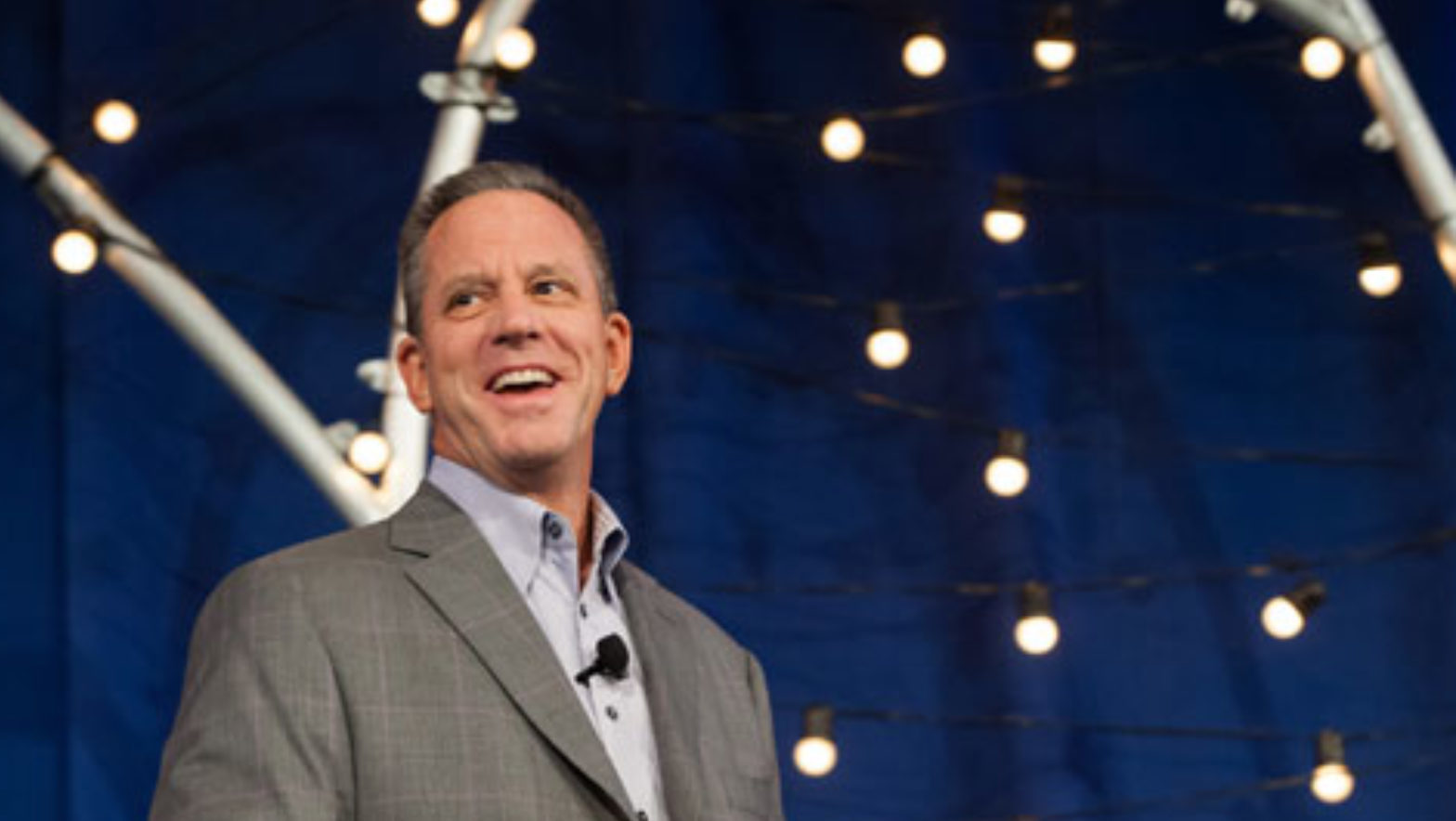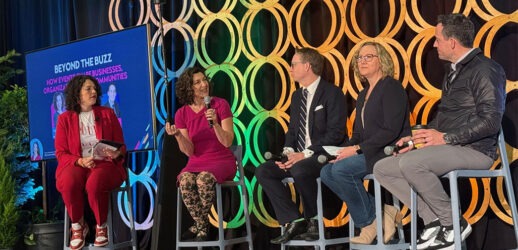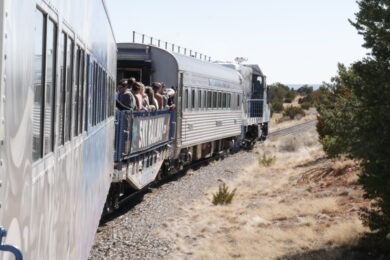David Peckinpaugh is over virtual meetings. As he witnesses the toll the current but necessary recess from gathering is having, the Maritz Global Events president and original co-chair of Meetings Mean Business Coalition (MMB)’s lobbying efforts has a renewed sense of urgency about the industry he loves.
“The speed and scale at which this crisis has halted our industry is surreal and unlike anything we’ve ever seen,” he says. “If you think about it, many of us in the events industry have lost—at a minimum—a quarter of the year in business. The biggest challenge is that no one can accurately pinpoint the end of this—we know there will be an end, we just don’t know when it will be.”
A Lobbying Legacy
MMB was born in 2009 as a response to a threat to the meetings industry from government officials who labeled meetings as boondoggles. That comment brought planners and suppliers together as a united voice under U.S. Travel Association to share the vital economic, scientific and social role gatherings have in the world.
To that end, one of the first orders of business was to survey how many dollars and jobs events generate annually. The result shocked even some in the industry. Meetings had a $1.07 trillion impact in 2017 alone—more than the consumer electronics or automotive industries. Revenue from planning, producing, traveling to, attending and hosting meetings, conferences and incentive travel for 1.5 billion people is one of the world’s largest drivers of growth, according to a study by Oxford Economics that was sponsored by MMB and Events Industry Council.
Five years ago, the group reserved one day a year in April to celebrate that stunning impact—and as a visual representation of the power of planning. Global Meetings Industry Day was marked by holding events around the world.
In January, co-chairs Trina Camacho-London, vice president of global group sales at Hyatt Hotels Corporation and Fred Dixon, president and CEO of NYC & Company, announced they would be focusing on demonstrating to mayors and elected officials the importance of smoothing the way for travel in the form of visas, as well as about the dangers of the weaponization of meetings.
A New Threat
A lot has changed in three months. Now the group that Roger Dow, president and CEO of U.S. Travel Association, called “an insurance policy for industry’s continued success” is busy advocating with the federal government for relief to keep some parts of the industry alive.
GMID will be held virtually on Tuesday as a series of streamed sessions from Meeting Professionals International and a half-hour-long attempt to break the Guinness World Record for largest audience for a virtual conference.
Peckinpaugh put the state of the industry today in perspective: “Many times, the business community is thought of as the economic safety net, but this crisis is showing us that businesses alone cannot shoulder the full weight of that responsibility. Therefore, it is the duty of the government to act as the safety net for our society and our economy, which is why the CARES Act—and any additional stimulus and recovery plans in the works—are vitally important for all of us. Thanks to U.S. Travel, the CARES Act has many provisions that will help our businesses and our people get through this very difficult time.”
Back to Business, with a Twist
This year, Peckinpaugh plans to celebrate GMID actively and responsibly. When it is safe, he looks forward to gathering again. “We are social creatures, and we crave a personal connection. While I think there will be a healthy balance of virtual and face-to-face meetings once the recovery is back, I really think people will be ready to get back into the office or get back to events to see our colleagues and friends…with all the requisite precautions, of course.”




